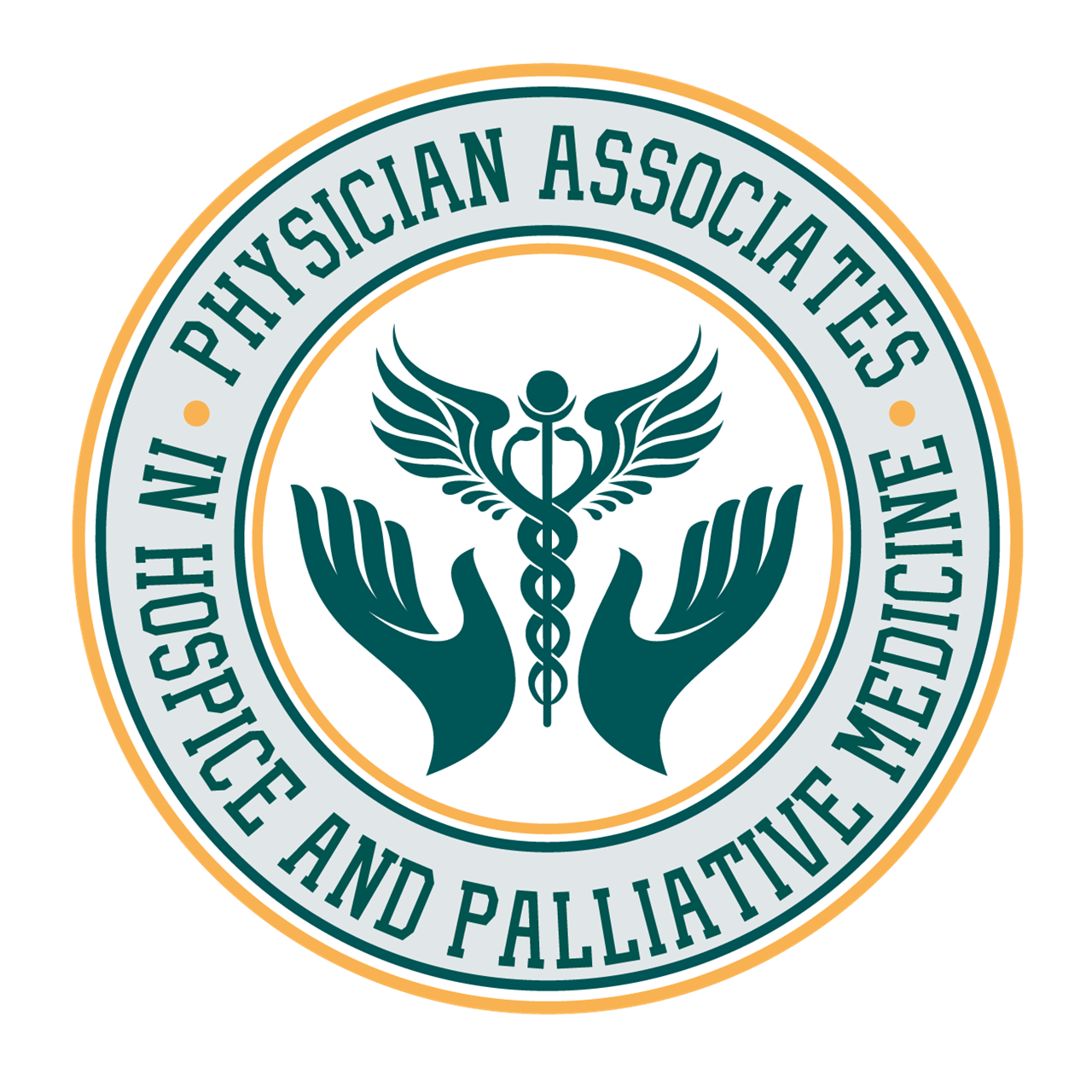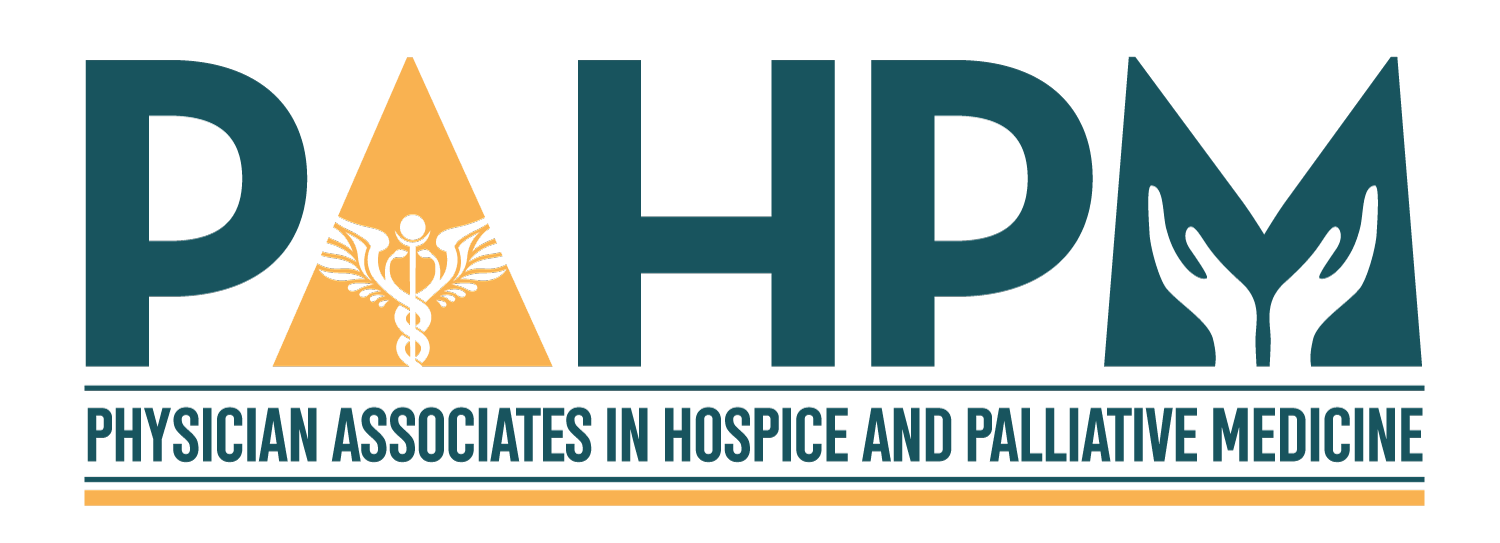Join PAHPM for our Spring Town Hall Meeting
Thursday, May 28th, 2020
Time: 6:00pm PST/ 9:00pm EST

With all that is happening in the world today, we thought it was time to pause and share all the recent changes in the hospice and palliative world in recent months.
- Updates on legislative changes affecting PAs
- New collaborations, educational opportunities, and scholarship
- Pause to reflect on recent months and our changing lives
Click Here for the Details!
This meeting is open to all members and those interested in hospice and palliative medicine, and those caring for patients and families with serious-illness. Feel free to invite others!
We look forward to you joining us!


